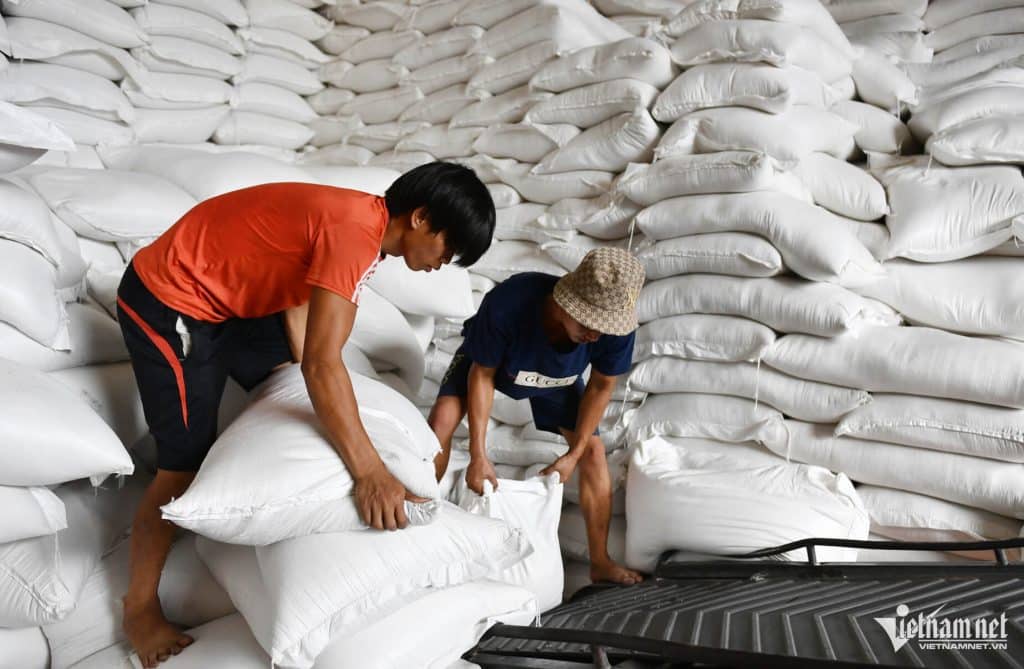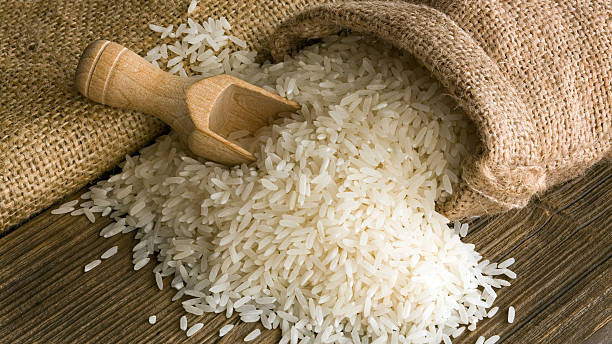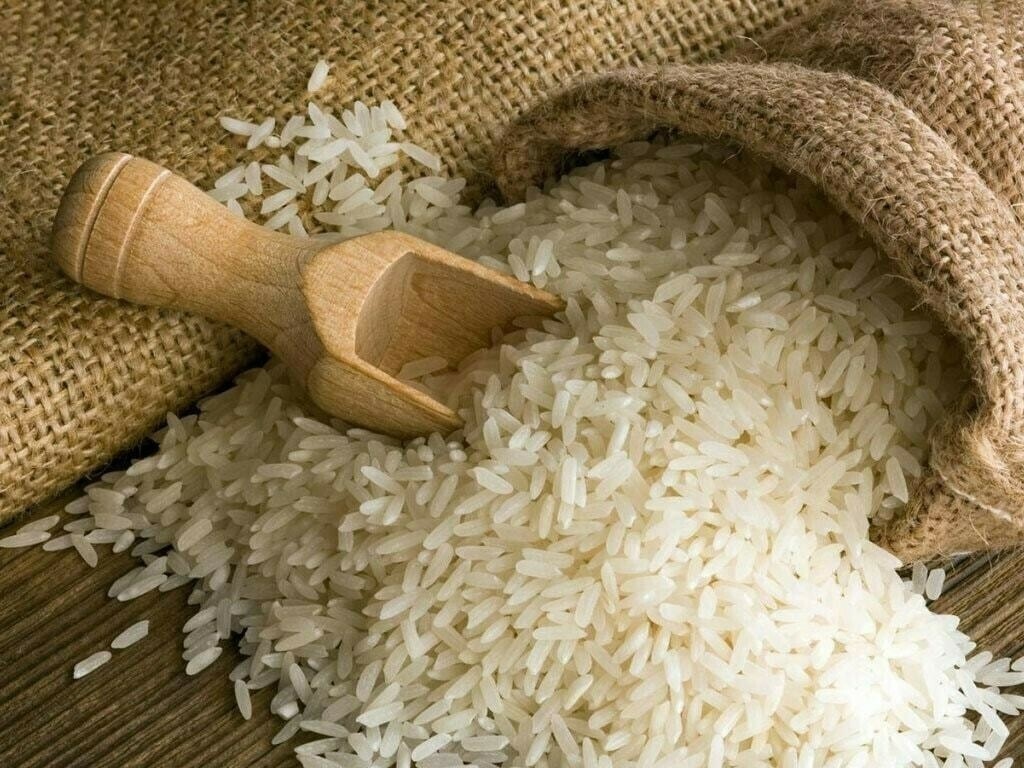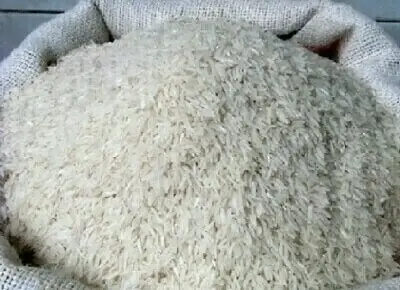Tags
China buys more produce, but reduces volume of rice, pepper imports
China is a top export market for Vietnam’s farm produce, with $7.04 billion worth of produce exported in the first seven months of 2024, an increase of 11.3 percent over the same period last year.

China continued to be the second largest market for Vietnam, just after the US. The country consumed 20.5 percent of Vietnam’s agricultural exports in the first seven months of the year.
Vegetable exports to China brought turnover of $2.5 billion, an increase of 25 percent over the same period last year. Other products such as seafood, cashew nuts, wooden furniture and coffee also grew well.
Nevertheless, rice and pepper exports to China decreased. As of the end of July, pepper exports were just 8,000 tons, a sharp decrease of 85 percent compared with the first seven months of 2023.
Vietnam’s rice exports to China brought turnover of $413.5 million in the first seven months last year, but the figure was just 130.8 million in the same period this year, which meant a sharp fall of 68.4 percent.
Statistics showed that in 2012, China was the largest customer of Vietnam’s rice which consumed $898 million worth of products, or 27.5 percent of Vietnam’s total rice export turnover.
The rice export value to China was relatively stable in 2012-2016. In 2017, rice exports to the market surged, reaching $1.03 billion, equal to 40 percent of Vietnam’s total rice export value.
However, the export value slid later with export turnover down to $640 million in 2018 and $240.3 million in 2019. Because of the decline, China fell from the No1 to No3 position on the list of Vietnam’s largest rice export markets.
The country was still among the top 5 rice export markets for Vietnam in following years. However, exports to China dropped sharply once again this year. This is contrary to the prediction that China would increase rice imports in 2024 after its rice growing areas dropped to below 30 million hectares in 2023 and its rice output fell for two consecutive years, while demand was predicted to rise slightly by 150 million tons.
As for pepper, according to the Vietnam Pepper and Spice Association (VPSA), China was once the second largest export market for Vietnam, but has fallen to the fifth position, below the US, Germany, India and the UAE.
Some Vietnamese pepper export companies said that domestic pepper prices in China were lower than imports. The world’s second largest economy has seen slower-than-expected economic growth rate in the first six months of the year, so demand has decreased and inventories are high.
VPSA predicted that demand for pepper from China is not likely to improve in the second half of the year.
Regarding rice imports, experts said China has reduced imports because of the limited number of Vietnamese enterprises licensed to export rice to the market. There are only 21 out of 200 Vietnamese rice enterprises licensed to export rice to China.
Vietnam’s rice now has to compete with other rivals in the Chinese market. The rice products in the market have relatively high quality as export countries attach importance to packaging, especially Thailand.
Pham Thai Binh, chair of Trung An Hi-tech Agriculture JSC, said the number of imports and exports depends on market demand. For Trung An, orders from China are less than from other markets.
Binh said in recent years China has raised its requirements for quality of imports, including rice. In the high-end market segment, China sets strict requirements on quality and packaging.
In the low-cost and mid-end segments, Chinese importers tend to buy cheap products and broken rice for domestic processing. They import rice in large quantities but prioritize cheap products. Therefore, Vietnamese businesses find it difficult to compete with rivals from other countries.
In the last months of 2023, Vietnam’s 5 percent and 25 percent broken rice export prices were higher than Thai and Pakistani products. Vietnam’s export companies often sign futures contracts, which affects negotiations with Chinese partners.
Tam An
https://vietnamnet.vn/en/china-buys-more-produce-but-reduces-volume-of-rice-pepper-imports-2312240.htmlPublished Date: August 16, 2024






